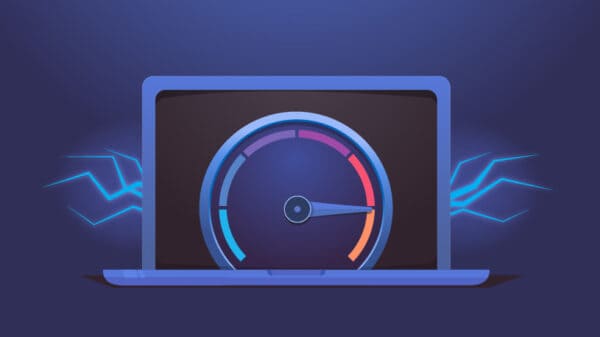A reliable and secure internet connection is paramount in today’s digital age. Whether for work, education, entertainment, or staying connected with loved ones, people depend on the Internet for various aspects of their lives. To ensure a safe online experience, the role of an internet provider becomes crucial.
In the previous year, over 422 million people were affected by data compromises. With the increasing number of cyber threats and data breaches, it has become essential to have a trusted internet provider that prioritizes security measures. Furthermore, they play a significant role in securing your connection and safeguarding your online activities. Read this below to learn more.

Role Of Internet Provider In Securing Connections
Internet provider Oakville understands the significance of protecting their customers’ sensitive information, and they employ several strategies to ensure a safe and secure online environment. Below are some of the roles of internet providers in securing your connections.
- Encryption Protocols
One of the primary ways internet providers enhance security is by implementing robust encryption protocols. Encryption is the process of encoding data to prevent unauthorized access.
It’s also ideal to implement multi-factor authentication (MFA). This adds an extra layer of protection by requiring users to provide multiple forms of identification or verification before accessing their accounts or sensitive information.
This typically involves a combination of the following:
- Something the user knows (such as a password)
- Something they have (such as a unique code sent to their mobile device)
- Something they are (such as a fingerprint or facial recognition)
Encrypting the data transmitted over their network and applying MFA adds an extra layer of protection, making it significantly more difficult for hackers or malicious actors to intercept and decipher the information.
- Firewalls
Internet providers use advanced firewalls to block unauthorized access to their networks. Firewalls act as a protective barrier between the internal network and the outside world by filtering incoming and outgoing network traffic.
Modern firewalls often include intrusion detection and prevention systems (IDPS) to add extra security. These systems analyze network traffic in real-time, looking for patterns and signs of potential cyber threats. If suspicious activity is detected, the firewall can take immediate action, such as blocking the source IP address or generating alerts for further investigation.
Firewalls also enable network segmentation, dividing the internal network into different zones with varying levels of trust. This helps limit the movement of threats within the network, reducing the impact of security breaches. Additionally, firewalls support virtual private network (VPN) technologies, which allow secure remote access by encrypting communication between remote devices and the internal network.
Regularly updating and patching firewalls is crucial to ensure they have the latest security features and protection against new threats. Internet providers and organizations should configure firewalls with strict access control policies and regularly review and fine-tune these policies to match evolving security requirements and network infrastructure.
- Regular Updates
To further enhance security, internet providers should regularly update their network infrastructure and software. Software updates often include security patches that fix vulnerabilities and address any potential loopholes in the system. By promptly installing these updates, Oakville internet provider ensures that their network remains secure and protected against emerging threats.
- Customer Education
Internet providers should also educate their customers about best practices for online security. They provide resources and guidelines on creating strong passwords, recognizing phishing attempts, and avoiding suspicious websites or downloads. By empowering their customers with knowledge, Oakville internet provider helps them become more proactive in protecting their personal information and devices from potential threats.
- Reliable Customer Support
A vital aspect of securing your connection is the availability of reliable customer service, including technical support for any connectivity issues or security concerns. Their knowledgeable and friendly support staff are available round the clock to assist customers and address any queries or problems they may encounter.
- Advancements In Security Measures
Internet providers should ensure the privacy of their customer’s personal information. They have strict privacy policies and adhere to legal and ethical standards regarding handling and storing user data. By implementing stringent privacy measures, such as data encryption and limited access to personal information, internet providers may establish a secure environment where customers can know their data is protected.
As technology continues to evolve, your internet provider keeps pace with the latest advancements in security measures. They invest in state-of-the-art infrastructure, employ cutting-edge technologies, and collaborate with cybersecurity experts to stay ahead of emerging threats. This proactive approach enables them to provide a secure and reliable internet connection to their customers.
Takeaway
Securing your internet connection is of paramount importance in today’s digital landscape. Internet providers play a vital role in ensuring the safety and integrity of your online activities. An internet provider takes comprehensive measures to protect your connection from cyber threats through robust encryption protocols, advanced firewalls, regular updates, customer education, and reliable customer support. By choosing a trusted and reputable internet provider in Oakville, you can enjoy a secure online experience and stay connected with confidence.
Thanks for reading this article. If you're new here, why don't you subscribe for regular updates via RSS feed or via email. You can also subscribe by following @techsling on Twitter or becoming our fan on Facebook. Thanks for visiting!
























































































































































































